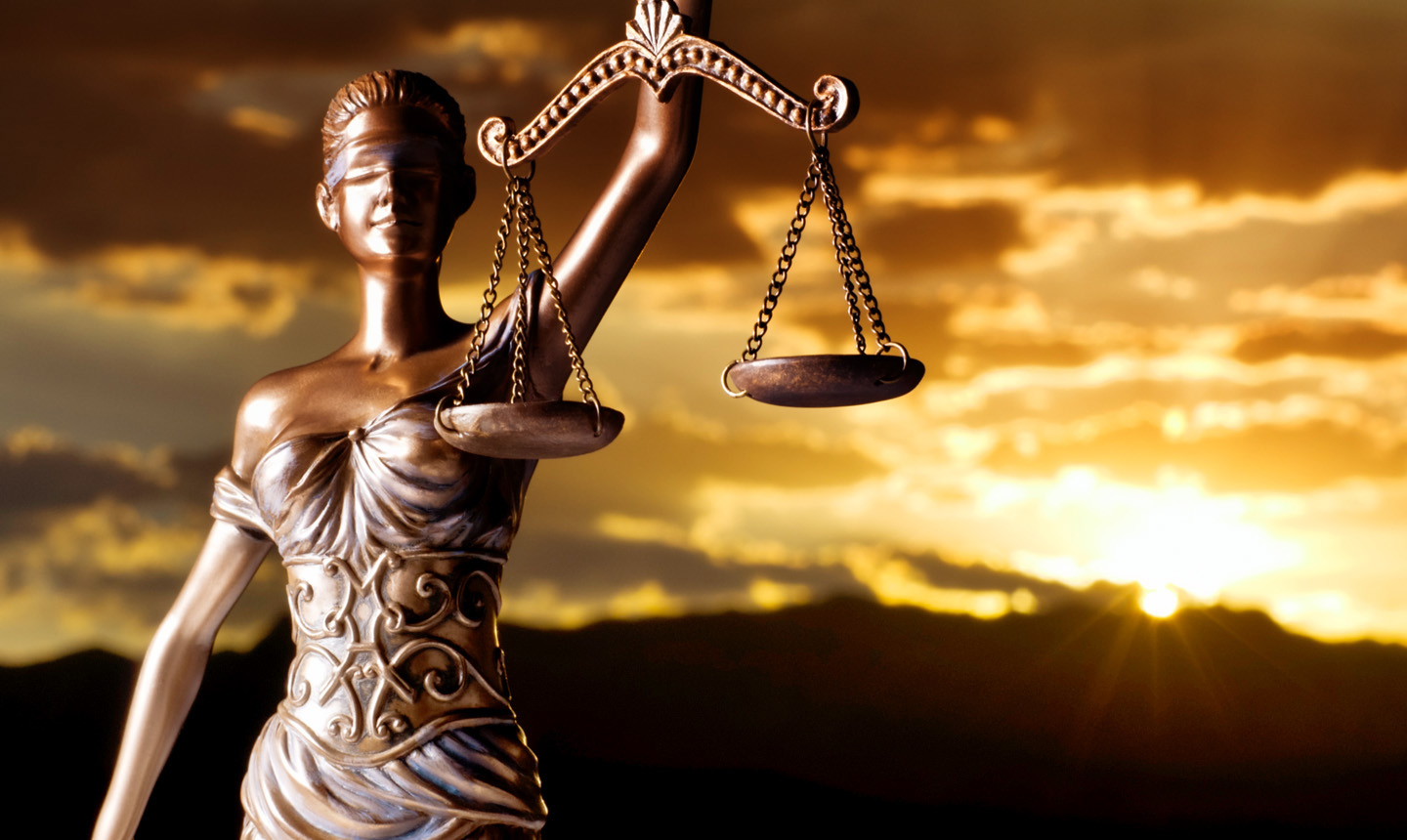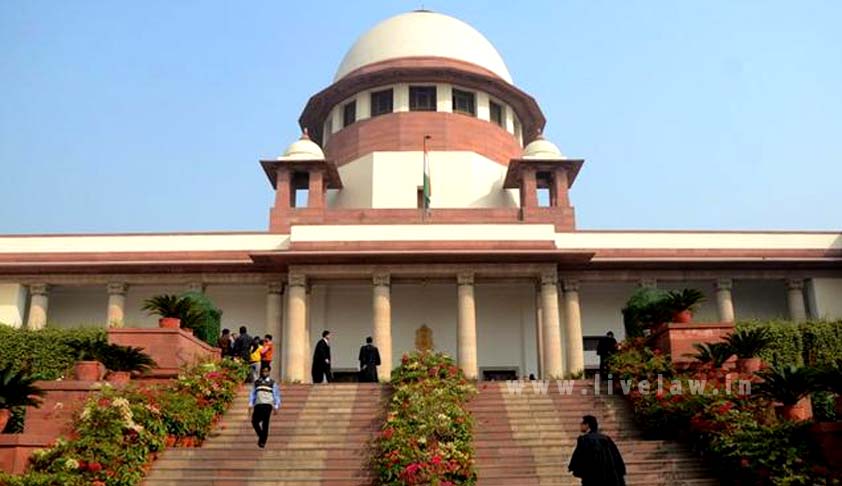Can Senior Advocate become advocate on record?
By Vkeel Team
Law professionals are those professionals which are categorised into many classes not by the fame or experience in the general world but by the virtue of the law i.e. The Advocates Act,1961. So, the advocates which are basically the representatives of the party in any litigation in front of the court can be further sorted into various categories on the basis of the laws and rules provided in The Advocates Act, 1961. So, among the categories provided in the act, two of them are SENIOR ADVOCATE and ADVOCATE ON RECORD.
Advocate on record, a term usually used for a lawyer whose vakalatnama is filed in the case to appear on behalf of the client or deceived parties. Practically speaking, the term is used for the advocates who are authorised to file vakalatnama in the Hon’ble Supreme Court of India, after they clear the mandatory qualifying examination. Apart from Advocate on record, no other advocate can file vakalatnama in the Hon’ble Supreme Court. The reason to maintain the Advocate on record is to maintain the expected standard of drafting and pleading before the Hon’ble Supreme Court.
Consult with: Top Lawyers of India
An additional qualification is needed If an advocate wants to practice as an advocate-on-record in the Supreme Court. The lawyer has to practice for 4 years as a lawyer and thereafter has to intimate to the Hon’ble Supreme Court that he or she has started taking training with a Senior Advocate on the record because he or she wants to become an Advocate-on-record. After the expiry of one year’s training, the advocate has to appear for an examination conducted by the Supreme Court itself. After an advocate passes this examination he or she must have a registered office within an area of 10 miles from the Supreme Court building and a registered clerk. If all such requirements are fulfilled, then only Chamber Judge of the Supreme Court accepts him as an advocate-on-record
Senior advocate is the one who has been designated by the Supreme Court of India as same under the rules of The Advocate Act, 1961. This designation is given to the lawyers for their recognition and contribution to the field of law and also on the basis of their experience. A designated senior advocate is identified by his black gown that has a rectangular flap attached to the shoulders. As per the law, there are no specific advantages of the status. But generally, while they represent cases in court, they do not file vakalatnama or draft petitions. However, the status is reflected by the respect and recognition such lawyers get at the bar and from the bench of the judges. They, more often than not, also get higher fees than other attorneys.
Now the question is that whether the senior advocates can become advocates on record? Generally, almost all (I mean 99%) senior advocates who become senior advocates at the later stage of their professional life were an Advocate on Record in their early days in the profession.
Talk with: Best Lawyers of India
So, calculation or stages of professional life goes like this –
Stage 1 – Student of law,
Stage 2 – Graduate in law,
Stage 3 – Get membership in any Bar Council now an advocate by profession,
Stage 4 – After 5 years of practice becomes eligible to sit for the Advocate on Record exam of the Hon’ble Supreme Court of India. If he takes that exam and clears it, he is an AOR before the Supreme Court of India.
Stage 5 – After 25 years of practice, he has a very clean record of practice as well as professional ethics then his name is considered for the designation of a senior advocate. His name is acknowledged for the same and he becomes a senior advocate.
So, any advocate becomes an Advocate on record first then they are generally designated as a senior advocate. So, the truth or the fact is that every senior advocate tends to be an advocate on record in their early professional career.
Advocate on record
Disclaimer:
The information provided in the article is for general informational purposes only, and is not intended to constitute legal advice or to be relied upon as a substitute for legal advice. Furthermore, any information contained in the article is not guaranteed to be current, complete or accurate. If you require legal advice or representation, you should contact an attorney or law firm directly. We are not responsible for any damages resulting from any reliance on the content of this website.












